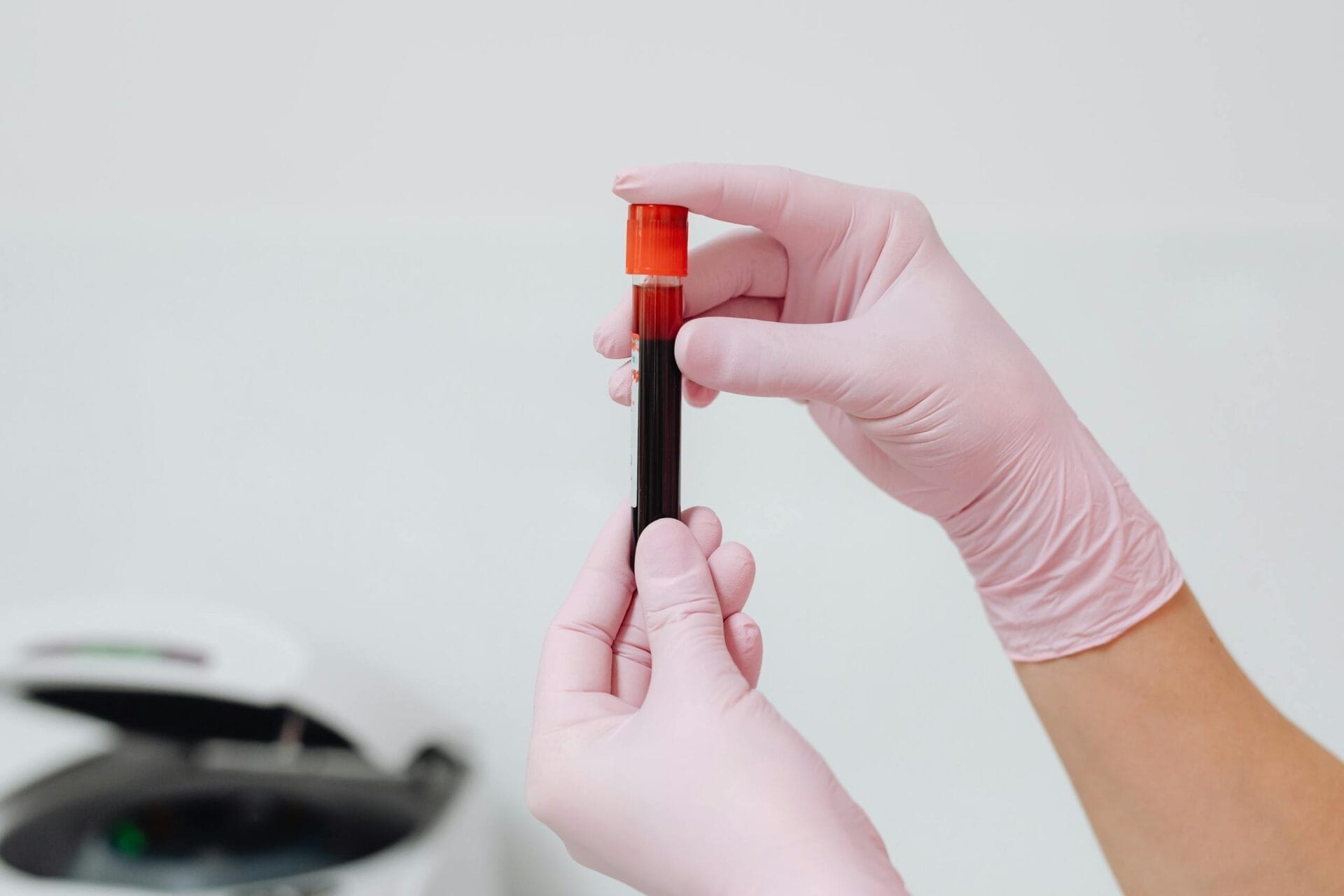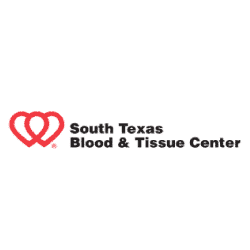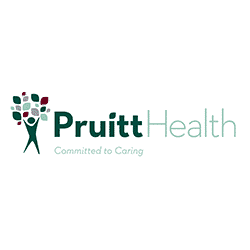Pathological Waste Disposal: Keeping Your Practice Safe and Compliant
Managing medical waste is a critical responsibility for any health care provider, but not all waste is created equal. Pathological waste, in particular, demands special handling that goes beyond standard protocols. If your clinic, lab, or surgical center needs clarity about how to stay compliant, you are not alone. This guide will walk you through what makes pathological waste unique, outline the regulatory requirements, and explain how Medsharps stands ready to keep your environment safe and compliant.
What Is Pathological Waste, and How Does It Differ from Other Medical Waste?
Pathological waste refers specifically to tissues, organs, body parts, or fluids removed during surgery, autopsies, or laboratory procedures. Unlike general medical waste (such as gloves, bandages, or syringes), pathological materials can contain infectious agents and require more stringent disposal to prevent environmental contamination and exposure risks.
Key distinctions include:
- Composition: Pathological waste consists of human or animal tissues, organs, and body parts. General medical waste covers items contaminated with bodily fluids but not the tissue itself.
- Infectious Potential: Due to the presence of tissue or fluids, pathological materials may harbor higher concentrations of infectious agents.
- Disposal Requirements: Pathological waste must be incinerated or treated in a manner that ensures total destruction of recognizable biological matter, unlike some types of medical waste that can be sanitized and landfilled.
Proper segregation helps reduce risk in your facility. Always ensure that bodily tissues and similar materials are separated from sharps, pharmaceuticals, and regular biomedical waste.
Regulatory Requirements for Pathological Waste Disposal
Facilities must comply with a complex web of local, state, and federal regulations regulating how pathological waste is handled, stored, and destroyed. Here’s what you need to keep in mind:
- OSHA Standards demand clear protocols for the safe collection, labeling, and transport of all medical waste, but they are particularly strict regarding materials that may support the transmission of infectious diseases.
- EPA and State Regulations often specify incineration or similar technologies as mandatory for the final treatment of pathological waste to fully neutralize risks.
- Labeling and Storage: Pathological waste must be properly labeled, stored in leak-proof, clearly marked containers, and held in areas that are restricted from general workplace traffic to prevent accidental exposure.
Failing to follow these standards can lead to penalties, health risks, and legal consequences for your organization. Regulatory agencies may update their requirements periodically; Medsharps can help you stay informed and compliant.
Common Mistakes in Pathological Waste Disposal
Even well-run practices occasionally miss critical steps. Some frequent pitfalls include:
- Improper Segregation: Mixing pathological waste with other types of waste, such as sharps or non-infectious trash, increases the risk of exposure and complicates safe treatment.
- Inadequate Labeling: Mislabeling or omitting hazard warnings can cause confusion and endanger both your staff and waste disposal crews.
- Incorrect Storage Practices: Leaving pathological waste in inappropriate containers, failing to restrict access, or storing materials for too long can all increase the potential for spills, contamination, or odors, especially in warmer climates.
Training your staff and maintaining clear protocols is the best way to avoid these mistakes.
How Medsharps Handles Pathological Waste Safely and Compliantly
Medsharps specializes in all aspects of pathological waste disposal, delivering safe, compliant, and responsive service. Here’s how we support your facility:
- Expert Segregation and Handling: Our team assists with safe, sanitary, and efficient removal, ensuring your pathological waste is always handled by trained, licensed staff.
- Regulatory Compliance: We stay ahead of evolving regulations and provide regular staff training, keeping your facility current and audit-ready.
- Temperature-Safe Storage Solutions: Pathological waste can present additional dangers in warm climates. Medsharps helps your practice use the right containers and storage protocols, reducing risks related to heat and odor.
- Timely Pickup and Secure Transport: We adhere strictly to scheduled pick-up routes, so your pathological materials are never stored longer than regulations allow.
- Final Disposal and Documentation: All pathological waste collected is destroyed using approved, environmentally safe methods. We provide the documentation you need to demonstrate compliance for inspections or audits.
If you are seeking a reliable pathological waste disposal service in New Braunfels or surrounding areas, Medsharps delivers peace of mind with professional and flexible options to meet your needs.
Why Choose Medsharps for Pathological Waste Needs?
At Medsharps, customer service, safety, and compliance are core values. Our team has a proven track record of professionalism and responsiveness, supporting not only routine pickup but also urgent or last-minute waste removal needs. We are fully insured, competitively priced, and never tie your facility down with hidden fees or restrictive contracts.
As a leading New Braunfels, Texas medical waste removal company, Medsharps is committed to helping you maintain safe and compliant operations, every step of the way.
Summary
Pathological waste disposal requires specialized attention to detail and compliance. By understanding what sets pathological waste apart and adhering to regulatory standards, your facility reduces risk for staff and patients alike. Medsharps stands as your partner for safe, compliant, and efficient removal. Trust us to help your practice keep its standards high and its environment protected. Reach out today to learn more about our services and how we make pathological waste disposal worry-free.











